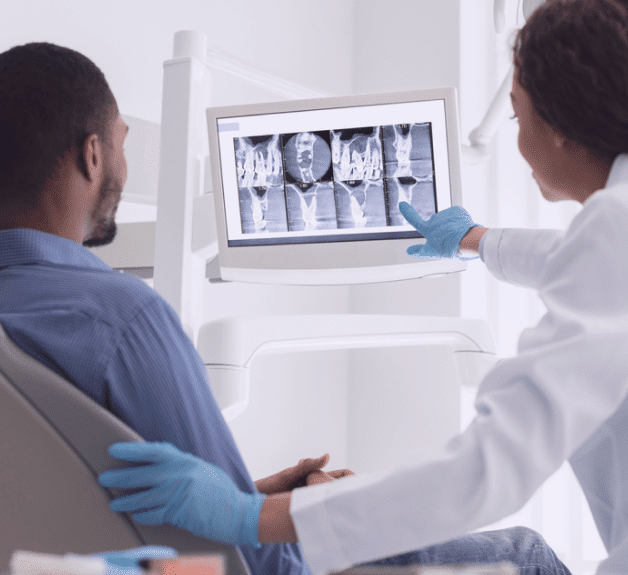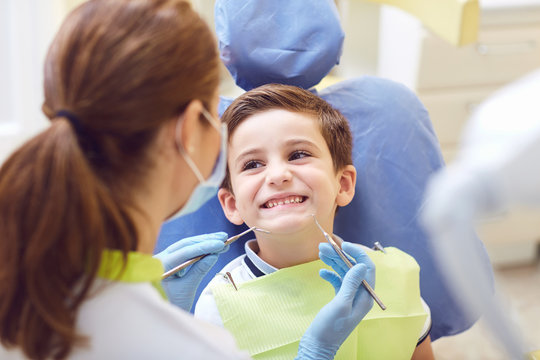MYTHS & FACTS! !
At Sree Padma Dental Care, we believe that understanding the truth behind dental myths and facts is essential for maintaining optimal oral health. Our dedicated team provides clear, evidence-based information to help you navigate common misconceptions and make informed decisions about your dental care. By debunking myths and highlighting facts, we aim to empower you with the knowledge needed to achieve and sustain a healthy smile.

Myth-1
When the gums bleed, it is better not to brush the teeth.
Fact
Bleeding gums indicate they are not healthy, often due to the buildup of plaque and food particles around the teeth. As long as this buildup remains, the gums will continue to bleed. This suggests that a visit to the dentist for evaluation and treatment is necessary. Using a soft toothbrush and employing the correct brushing technique can remove plaque and aid in gum recovery. Initially, you might notice bleeding while brushing, but this should gradually decrease over time.

Myth-2
Charcoal, tobacco, etc, in powder form is better than toothpaste in cleaning teeth.
Fact
The goal of brushing your teeth is to remove plaque and food particles from around the teeth using a toothbrush with toothpaste or powder. Standard toothpaste or powder has appropriately sized particles that are safe for teeth, while some coarse powders can wear down the tooth's outer layer and cause permanent damage. Therefore, only standard toothpaste or powder should be used with a toothbrush. Toothpaste is preferable over powder because it dispenses easily onto the brush and may include beneficial ingredients like fluoride and anti-tartar agents. Additionally, the foaming action of toothpaste helps to freshen your breath. Tobacco should be avoided, as users often seek the euphoric effects of nicotine rather than focusing on dental hygiene, which can lead to addiction and should never be used.

Myth-3
Dental treatment should be avoided during pregnancy.
Fact
While the claim in the statement isn't accurate, it's recommended to avoid dental X-rays during the first three months of pregnancy. Dental care is often provided even in the later stages of pregnancy, and routine procedures can generally be performed safely. However, major surgical treatments may need to be evaluated with medical advice beforehand. In fact, periodontal care (gum treatment) during pregnancy can help reduce the risk of pregnancy complications. Research over the past two decades has shown a higher incidence of pregnancy issues in individuals with poor oral hygiene. Therefore, if you or someone you know is pregnant, it's important to visit a dentist for regular check-ups and cleanings.

